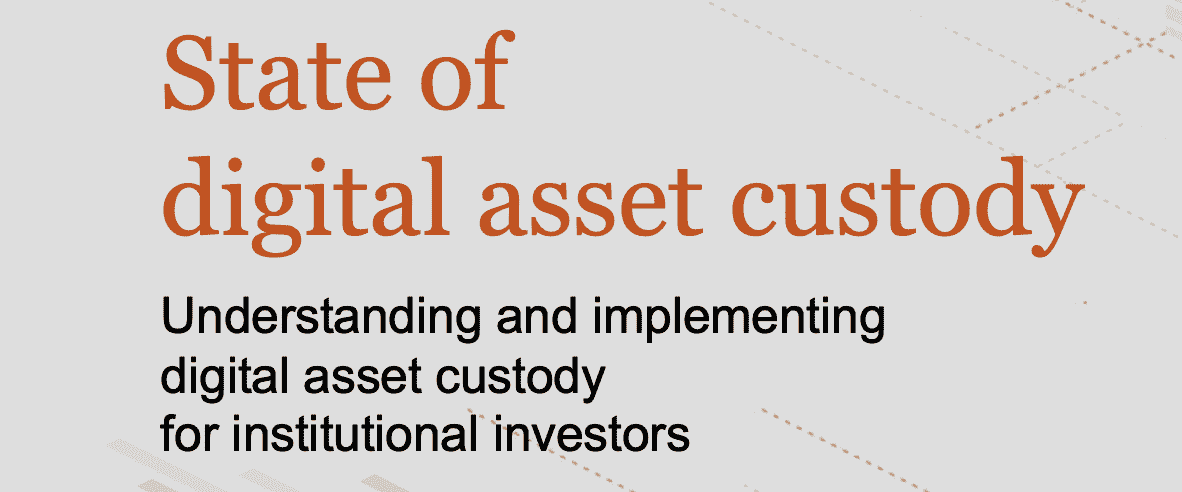Libra vs. US Congress, a few questions about gunpowder
“Like a child who just learned to walk, got a pack of matches, Facebook burned the house again and again, and called each arson a learning experience.” On the 16th US Senate Banking Committee, the Ohio Democrats Senior Senator Sherrod has bluntly criticized the world's largest social network. The murder of Marcus, the head of the Libra project attending the hearing, is far more than that.
At 10pm Beijing time on July 16th, David Marcus, head of the Facebook blockchain project Libra, participated in a hearing on the theme of 'Reviewing Facebook's digital currency and data privacy concerns' in the US Senate. In the meeting, the lawmakers raised many questions about the Libra project on various topics such as supervision, privacy, and anti-money laundering.
1. Why is Libra's headquarters in Geneva, Switzerland, not the United States?
Mike Crapo, vice chairman of the US Senate Banking Committee, asked Marcus if he thought the US should take the lead in setting rules to regulate digital currencies such as Libra. He also questioned Marcus, why Facebook registered Libra headquarters in Geneva, Switzerland, rather than in the United States.
- Report: 96% of BSV transactions are from this weather app
- Facebook's first robbery of money: fetal death
- Will BTC and BCH be halved at the same time? The former's computing power grows to narrow the latter's lead
In response to Marcus, he also believes that the United States should be at the forefront of digital currency regulation, but Facebook registered Libra in Switzerland not to evade US regulations.
“Libra is registered in Switzerland because of Switzerland's international financial advantages,” Marcus said. “Facebook chose to register Libra in Switzerland because Switzerland is known for its international finance and has an advantage in doing financial business here. WTO (World Trade Organization) ), BIS (BIS) are here."
As for the United States, Libra will also register with FinCEN (US Financial Crime and Law Enforcement Network) and respond to US regulatory requirements.
2. Can't do the privacy protection and dare to reach out to the bank account?
Sherrod Brown, vice chairman of the US Senate Banking Committee, pointed out sharply that Facebook has a long history of undermining user trust. Facebook’s past bad behaviors (inappropriate privacy protection, alleged manipulation of elections, etc.) have disappointed people, and how can they trust Facebook to let Libra reach people’s bank accounts?
He also pointed out that as early as 2012, Facebook told the FTC (Federal Trade Commission) that it would not abuse user data. As a result, Facebook just received a $5 billion ticket for illegally leaking user data. In this case, how can the American people trust Facebook with hard earned money?
In the face of real doubts, Marcus had to admit the mistakes that Facebook had made before. He said that "Facebook has been working hard and will continue to work hard to make things better. Marcus also argues that the Libra project will Will be launched by Facebook along with other partners, "You don't have to trust Facebook."
3. How to prevent money laundering?
Senator Catherine Cortez Masto asked Marcus about how Libra would prevent money laundering.
Marcus said Libra will be authenticated to meet anti-money laundering requirements. Any Calibra wallet user needs to upload a government ID. Although the Libra Association is headquartered in Switzerland, registration with FinCEN (US Financial Crime and Law Enforcement Network) will also comply with anti-money laundering regulations such as KYC (know your users). Libra will be easier to use but will not be anonymous.
Marcus also tried to convince lawmakers that illegal behavior in cash transactions is more rampant than digital networks. If Libra is able to transfer more offline cash transactions online, it will be able to implement more rigorous monitoring of the flow of funds, but will help regulate the illegal activities such as money laundering.
Marcus's comeback
Marcus said that if the United States does not pay for digital currency, it will lose to other countries. In addition to answering the questions of parliamentarians, he also said that if the United States does not actively lead innovation in the digital currency and payment fields, then other countries will be ahead of the United States.
Marcus said: "I believe that if the United States does not lead innovation in the digital currency and payment fields, other countries will. If we do not take action, we may soon see a digital currency, which is completely different from other values. Human control."
Around 10 pm Beijing time on July 17, the House Financial Services Committee will hold a hearing on Libra with the theme "Reviewing Facebook cryptocurrencies and impact on consumers, investors and US financial institutions", when Marcus will Come again. We will continue to track the report.
Article source: Sina Finance
We will continue to update Blocking; if you have any questions or suggestions, please contact us!
Was this article helpful?
93 out of 132 found this helpful
Related articles
- Babbitt column | Inclusive finance and blockchain entrepreneurship opportunities in underdeveloped countries
- Bitcoin callback to $6,000? Analysts say "very likely"
- Don't have a face, is there a letter from Facebook's cryptocurrency?
- QKL123 market analysis | The key moment is coming, bitcoin $ 9,000 bottoming? (0717)
- What is the anxiety of the US Congress in a hearing that triggered a market earthquake? Will Libra be banned in the end?
- Will Grin and Beam be forked, and will the privacy currency be fired again?
- Getting started with blockchain | What is ASIC mining?




